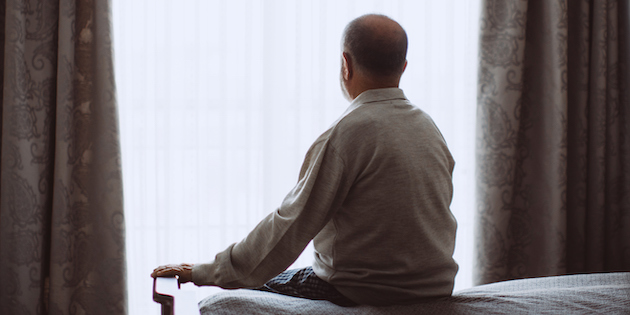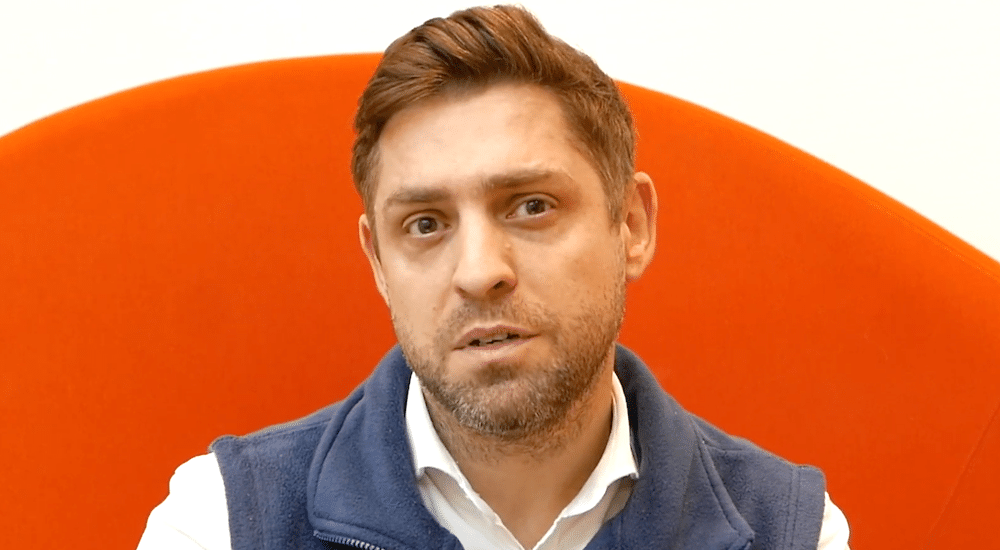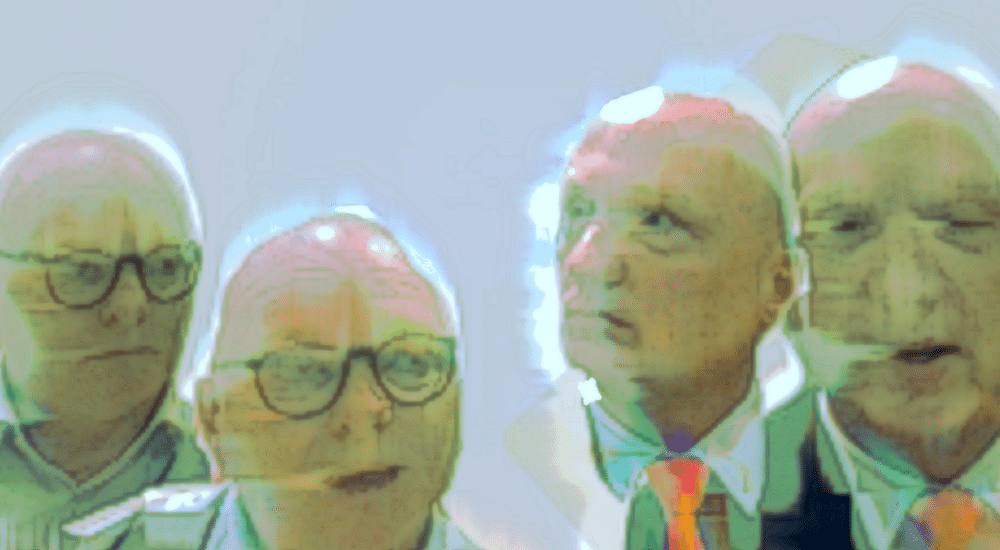HEARING CARE IN A POST PANDEMIC WORLD
hearing care
Paul Surridge, Chairman of the British Irish Hearing Instrument Manufacturers Association (BIHIMA), outlines the challenges faced over the last year and looks ahead to a brighter future.

In the first lockdown, back in March 2020, audiology services were shut down completely. Thousands of people with hearing loss were unable to access support and hearing instruments. We faced a major healthcare crisis as a result of this unmet need.
Fast forward six months and the government now realises these services are essential. Audiology support has been made accessible through subsequent lockdowns. Remote provision has made phenomenal advances in a short window of time. As an industry we should be extremely proud of how hearing care has been made available to patients swiftly and safely.
̋Better hearing loss education for GPs will significantly help the healthcare community meet the demand resulting from the pandemic. ̋
However, the fact remains that our audience is an older one; those most vulnerable to Covid-19 and those advised to shield. Despite the availability of services, many patients will have remained at home and not sought help. There are tens of thousands of people who have spent an entire year without hearing support. For these people, comorbidities such as depression and cognitive decline are inevitable.
We know that hearing technology can transform a person’s life, the challenge we currently face is making sure they access it.
Coronavirus effect on hearing loss sufferers
The pandemic brought with it three major issues for those suffering from untreated hearing loss. Firstly, stopping people from accessing audiology services. Secondly, forcing them into isolation, as their hearing issues continued to worsen, making their tenuous connection with the world even more remote. And thirdly, creating a pent-up demand for hearing instruments that has untold economic, social, and healthcare consequences.
Thomas Behrens, Senior Director of Oticon’s Centre for Applied Audiology Research, explains: “Brain changes happen when people are deprived of hearing care, and when people are isolated. They can lose motivation in taking action, compounding to create a tragic situation.” For the manufacturers, it was, and still is, essential that we find a way to deliver instruments safely to those who need it most.
Reopening services and recovery
Audiology clinics reopened at the end of last year and, despite hesitancy in patients to leave their homes, demand for hearing instruments has returned. This is in no small part to the excellent efforts of the manufactures and audiologists, who have worked together to deliver remote services in a safe way.
“Looking back, we are in a privileged position to offer a service to consumers that both they and government recognise needs to be provided. Governments realised very quickly that it was essential and allowed businesses to open. So, the recovery has been fast,” says Maarten Barmentlo, Chief Marketing Officer at WS Audiology.
Managing remote provision
The manufacturers’ priority at the start of the pandemic was to provide remote care safely to patients. Our members worked with audiologists to swiftly move the fitting, servicing, and supply of hearing instruments online. We saw impressive creativity and technology advancements that ensured the delivery of safe clinical services. These advancements will have a positive impact on hearing instrument provision for the future.
Angela Pelosi, Global Director of Audiology at Phonak, was instrumental in the swift development of their remote provision: “The remote support offering developed during the pandemic has been a huge healthcare advancement that provides better hearing services and access to patients. There are so many people that have an untreated hearing loss, so if we can make hearing services more convenient, without travel, it will help more people to lead a better life. It’s a win for the industry and a win for our patients.”
GP referral issues
Patients’ first port of call for hearing loss is their GP. But research shows there is a knowledge gap with GPs that is inhibiting patients from accessing vital audiology care. The research highlighted patient reticence to visit their GP about hearing loss during the pandemic.

To address this issue an educational toolkit has been created for GPs to support them in delivering better care for patients with hearing loss. Developed by the Royal College of GPs (RCGP), in collaboration with hearing loss charity RNID and NHS England & Improvement, it is sponsored by BIHIMA. The aim of the toolkit is to support and train GPs to consult more effectively with hearing loss patients.
We encourage all audiologists to promote the toolkit to their GP colleagues and collectively work to improve the audiology referral process. Better hearing loss education for GPs will significantly help the healthcare community meet the demand resulting from the pandemic.
What the numbers tell us
We can map the effect of the pandemic in our sector through the sale of hearing instruments over the last year, figures that BIHIMA release quarterly on our website.
Overall, the public sector was down 39.7% on last year and the private sector down 17.9%. Both the private and public sector have now recovered to previous levels, which is testament to a robust service and patient need. But there remains a shortfall of around 600,000 units not distributed to patients during the disrupted early months of the pandemic. Patients that will suffer the numerous consequences of untreated hearing loss.
̋I see a brighter future for our industry. One in which hearing care is recognised as essential. ̋
We expect the number of hearing instrument sales to continue to rise now the vaccination programme is well underway. A demand our manufacturers are ready to respond to.
Maarten Barmentlo, from WS Audiology explains: “In a lot of markets, the healthcare professionals have done a great job of addressing the needs of consumers during the pandemic. There is however pent-up demand from people still nervous about leaving their homes. When the demand does come, we have busy times ahead.”
A post pandemic future
Looking ahead I see a brighter future for our industry. One in which hearing care is recognised as essential, where awareness of the impacts of isolation are recog-nised, and where technology advancements and remote support deliver an enhanced service to patients. As manufacturers we will work closely with audiologists to manage the demand materialising post lockdown. Our priority is to continue to provide hearing instruments in a safe environment to as many patients as possible, as we work together to revive our sector.

Source: Audio Infos UK issue 142 May – June
 Sign in
Sign in

